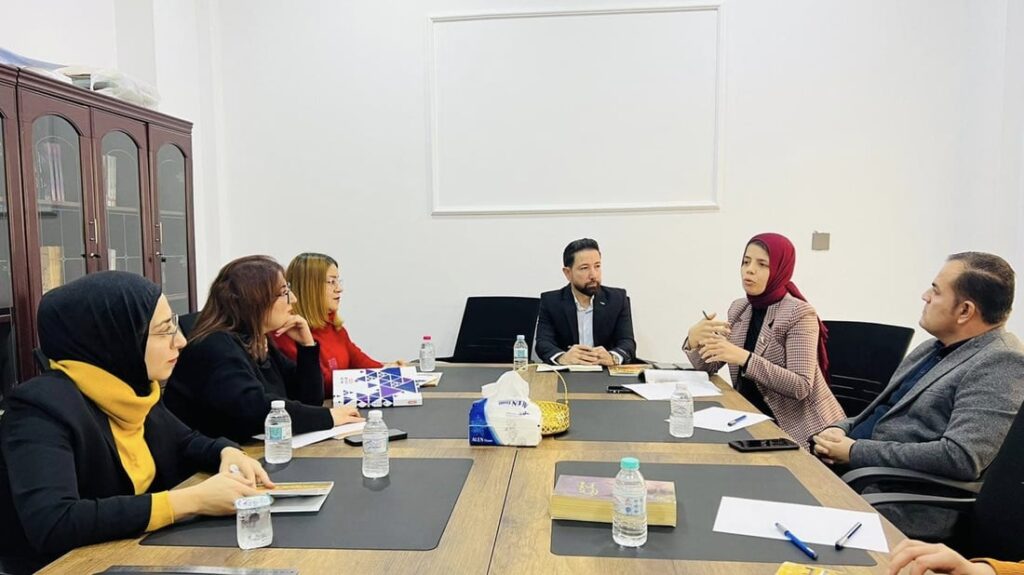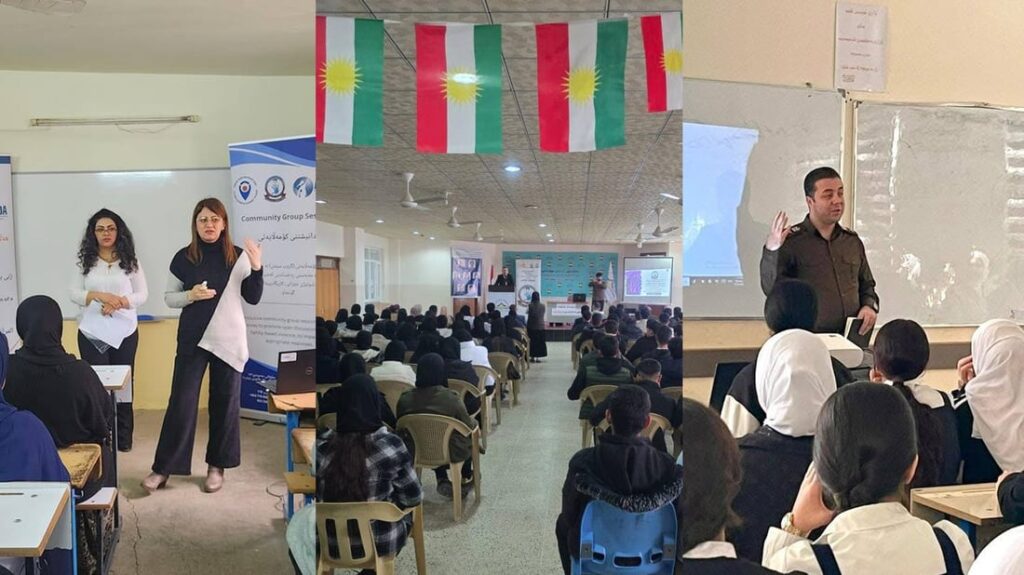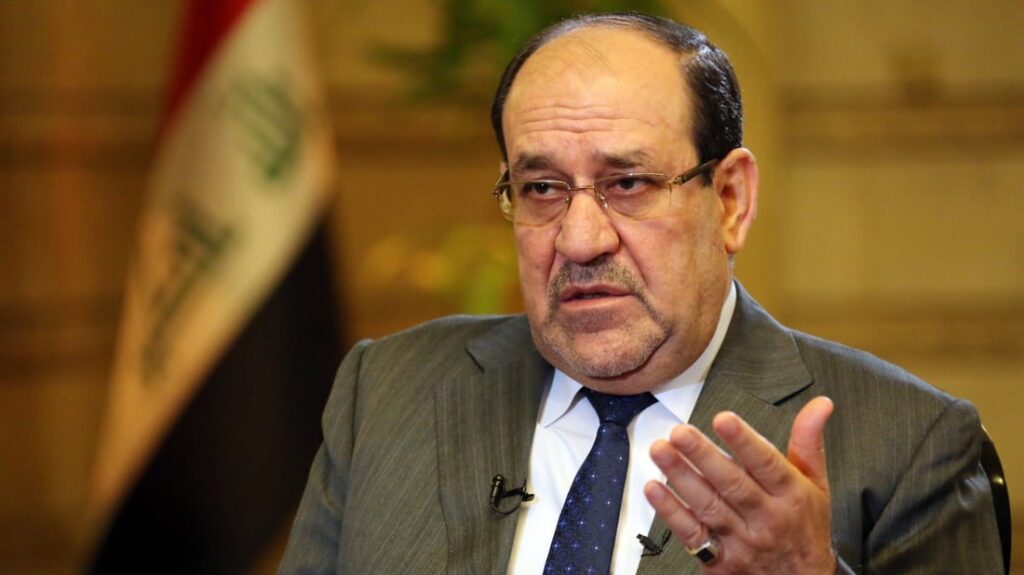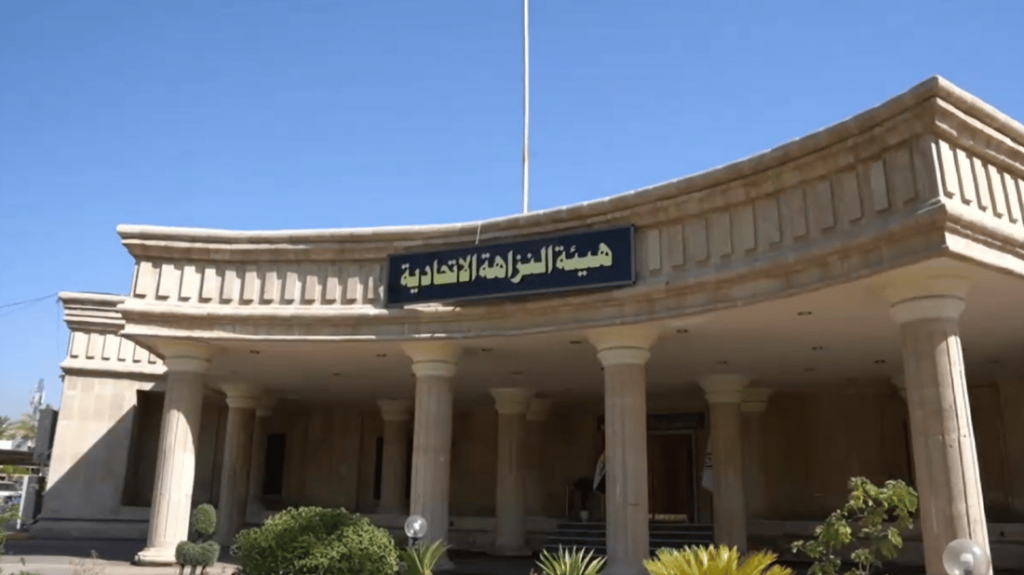Iraq: WFP Iraq Country Brief, September 2019
In Numbers
239,551 people assisted in September 2019
65.5 mt of food assistance distributed US$2.84 million distributed through cash-based transfers
US$53.6 million six months net funding requirements (November 2019 – April 2020)
Operational Updates
• In September, WFP delivered food assistance to 239,551 people in 9 governorates, reaching 56 percent of the monthly target of 426,112 people. Due to operational challenges, there were some delays in the delivery of family food rations (FFRs) to IDPs; these are being distributed in October. Delays were also caused by new Joint Coordination and Monitoring Committee (JCMC) documentation requirements for food transport.
• Camp closures across the country and relocation of IDPs by the Ninewa, Salah al-Din and Anbar government authorities are ongoing, often with little advance notice. In response, WFP has moved its assistance to the new camps. In Kirkuk, WFP provided ready-to-eat Immediate Response Rations (IRRs) to all 195 families relocated to Laylan 1 camp upon arrival. These households are now registered for WFP’s usual monthly distributions of FFRs. In Salah al-Din, WFP provided FFRs to 289 relocated families in Al Shahama camp. 24 vulnerable households additionally received IRRs from WFP upon arrival. Since the families arriving at Al-Shahama camp were unable to meet their food requirements, WFP provided them with full rations in their first month, even if the Ministry of Migration and Displacement (MoMD) also provided assistance. While IDP numbers in Ninewa and Salah al-Din are decreasing, due to relocation and families returning home, some camp numbers in Kirkuk are increasing.
• As part of the testing phase of the digitalisation of Iraq’s social safety net, the Public Distribution System (PDS), the draft design for a smartphone application “myPDS” has been completed. This app intends for citizens to eventually be able to conveniently update their data without having to visit PDS offices. It will also be used for verification when collecting rations.
• Following a request from the Ministry of Trade – which oversees the PDS – WFP is working on a “proof of concept” plan to expand the testing phase to the eight remaining governorates, building on the current approach. This way, citizens will be reached in all 18 governorates during the digitalization testing phase.
• WFP is working on a social and behavior change communication (SBCC) strategy for healthy eating. This builds on the research that WFP conducted this summer in Iraq. WFP is coordinating with the Government, NGO/UN partners and the Nutrition Working Group.





